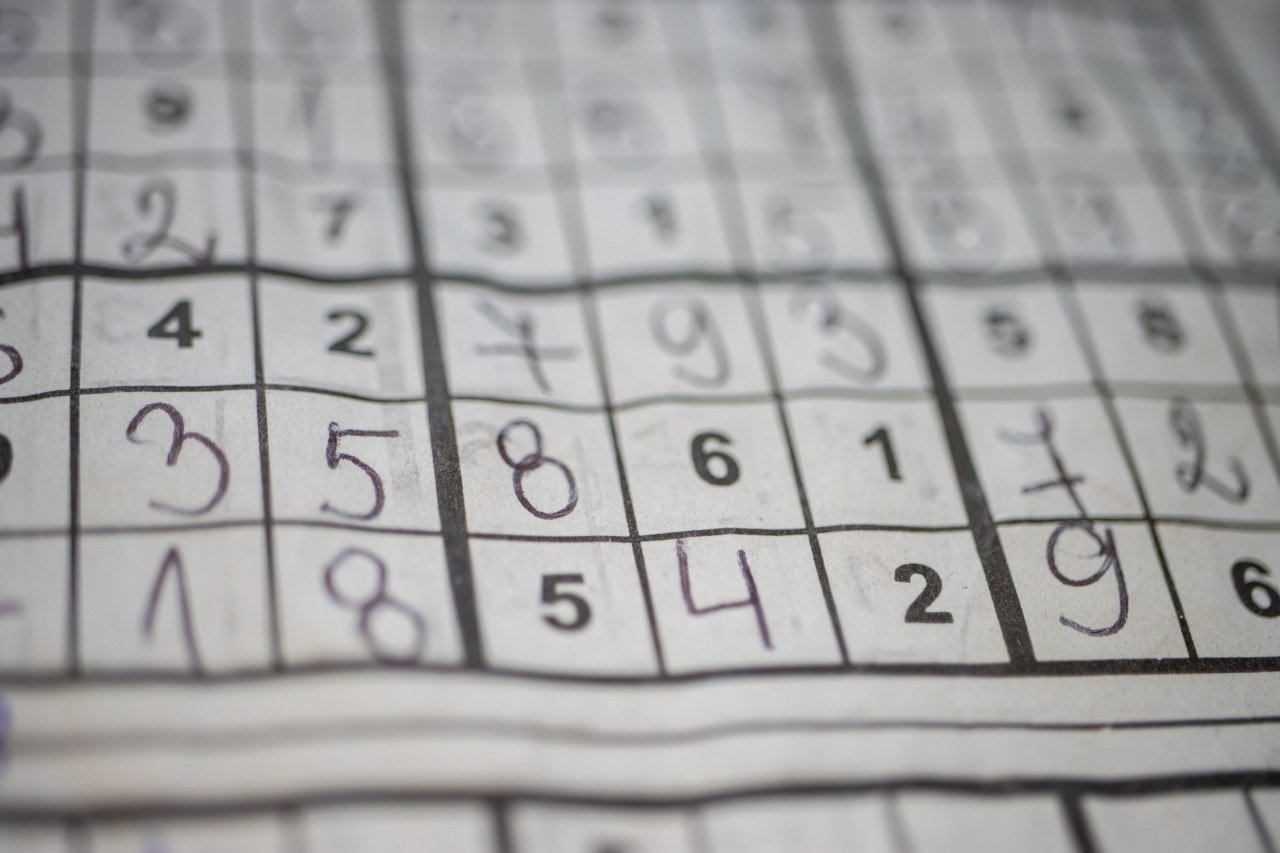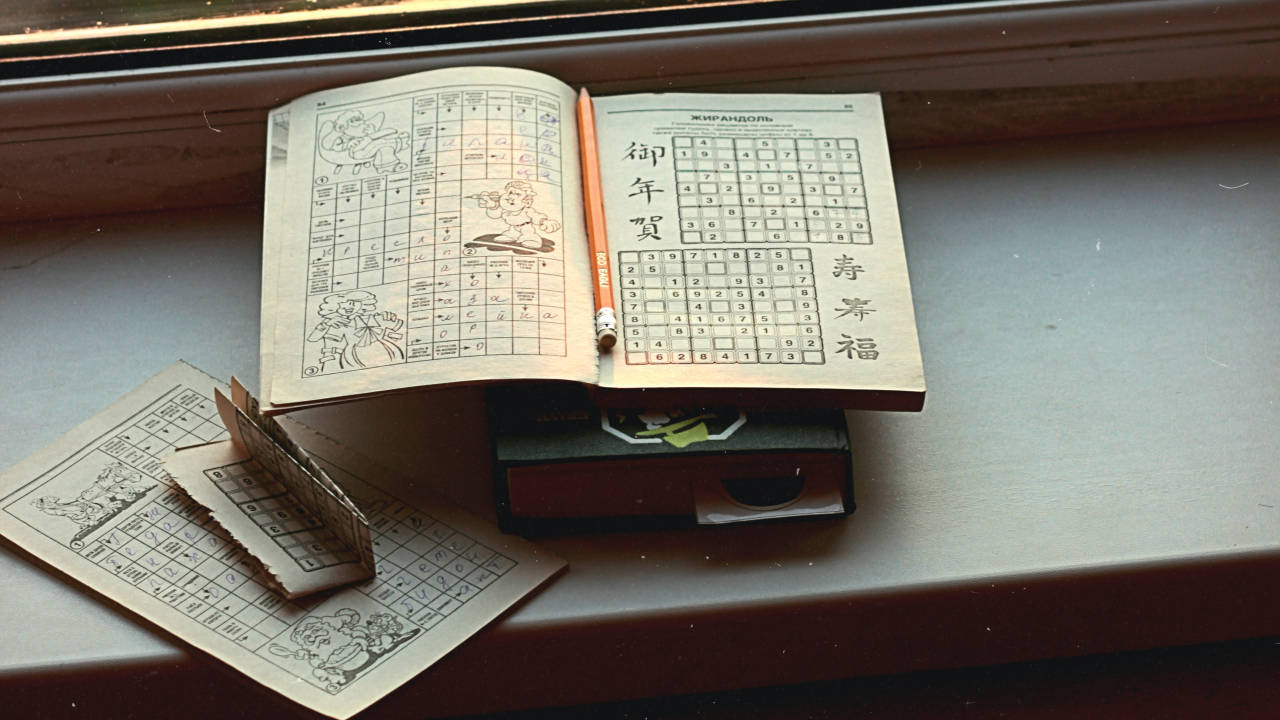Trademark holder of Sudoku in Japan asserts their right over the puzzle’s name

Japanese game publisher Nikoli made a statement on August 29, emphasizing that Sudoku is their registered trademark. The company warned users about apps, web services, and advertisements that have no relation to the company using the name “Sudoku.”

The name Sudoku, referring to the internationally known logic-based number placement puzzle, is actually a registered trademark in Japan. The holder of the trademark is Nikoli, the publisher that gave Sudoku its current name and first started publishing Sudoku puzzles in mainstream print in Japan. As Sudoku is originally based on a puzzle that was known as “Number Place,” the general, non-trademarked term used for the popular 9×9 square puzzle in Japan is an abbreviation of this name, “Nanpure” (from Num(ber) Pl(ace).
Recently, Nikoli’s official X/Twitter account brought up instances of apps, web services, and advertisements using the name Sudoku without the company’s permission. Nikoli reiterated that Sudoku is their registered trademark and stressed that everything outside of what’s in their publications and on their website is unrelated to their company. Due to the widespread use of the term Sudoku for the specific format of puzzles, situations in which the name is being used without the company’s permission have inevitably arisen.
The name Sudoku was conceived by the late Maki Kaji, who was the president of Nikoli at the time, as a way to introduce the puzzle to the Japanese market. The initial name was “Suji wa dokushin ni kagiru,” which refers to the rule of placing single-digit numbers in the puzzle, and translates literally to “the numbers must be single (as in unmarried)” (The Asahi Shimbun). The abbreviation of the term, Sudoku, was later used in publications and went on to become a global trend. This led to a reverse import of the trend back to Japan.
However, as mentioned earlier, the term Nanpure is also widely used in Japan, so unauthorized use of the term Sudoku can be misleading. There have been reports of unrelated apps using the name Sudoku in their titles advertising with nonsensical claims such as, “Solve puzzles to protect your brain from radiation.” Perhaps in fear of having their reputation tarnished by such occurrences, Nikoli has decided to reemphasize their rights over the Sudoku trademark, warning users about unauthorized use.

Incidentally, specifically in the field of puzzles and board games, there are similar instances of names being trademarked in Japan. For example, MegaHouse owns the exclusive right to the title Othello and stresses that the trademark cannot be used without their permission (Japanese Othello Federation). As a result, games with a similar concept are often referred to as Reversi, the original name of the board game.
Excluding cases where trademarks have become general terms, the unauthorized use of trademarked names for products without permission from the rights holders constitutes as trademark infringement. In the case of Sudoku, suitable measures may be taken against apps and web services using the trademarked name without permission.
Written by. Remi Morisawa based on the original Japanese article (original article’s publication date: 2023-08-29 18:45 JST)




